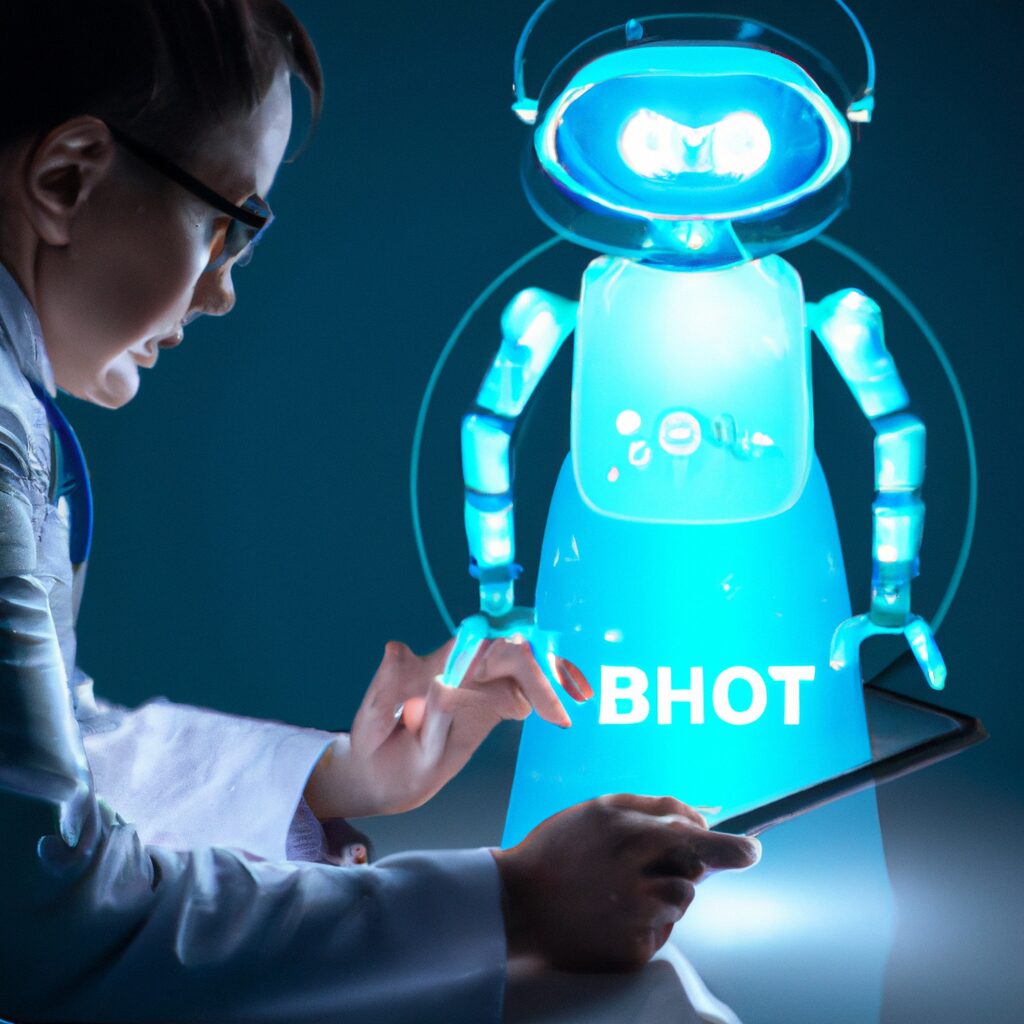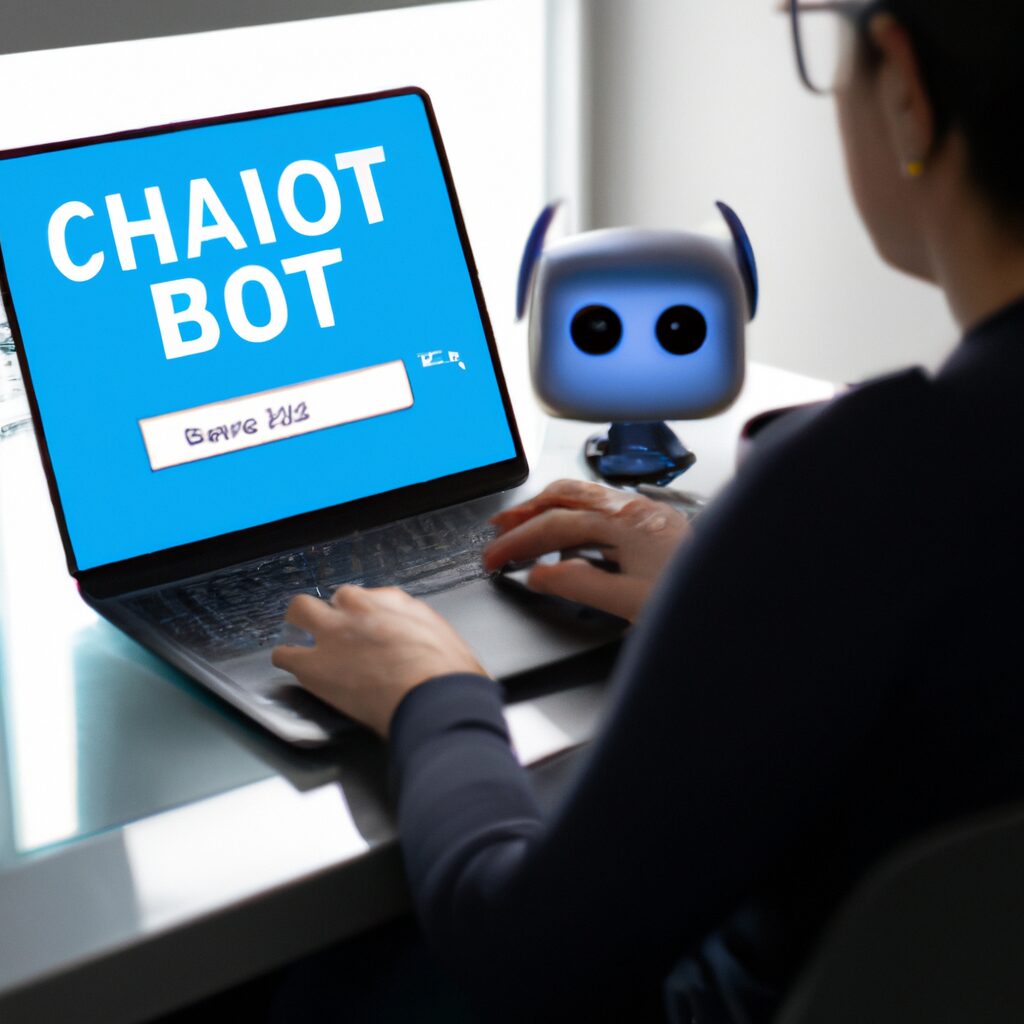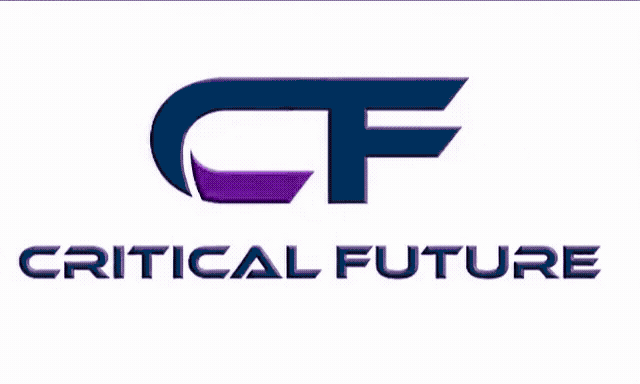The Impact of AI Chatbot Assistants in the Healthcare and Customer Service Sectors
- January 31, 2025
- Posted by: Mai - CF Brand Ambassador
- Category: Daily Blogs
Embracing AI Chatbot Assistants in Key Industry Sectors
The Role of Chatbot Assistants in Healthcare
Artificial Intelligence (AI) is revolutionizing various industries, with healthcare being one of the most significantly impacted. AI chatbots are at the forefront, enhancing the accessibility and efficiency of healthcare services. These digital assistants are designed to provide immediate responses to patient inquiries, facilitate appointment scheduling, and even assist in preliminary diagnosis.

Integrating chatbots into healthcare systems aids in reducing the workload on medical staff and provides patients with around-the-clock service. For instance, chatbots can offer guidance on medication management, lifestyle tips for better health, and general information regarding symptoms or health conditions. This not only improves patient engagement but also ensures that healthcare resources are used more efficiently.
Challenges and Solutions in Healthcare Chatbots
Despite their advantages, the adoption of AI chatbots in healthcare comes with challenges. Privacy and security of patient data are paramount. Ensuring compliance with regulations such as HIPAA in the United States is critical. Moreover, the accuracy of the chatbot’s responses is essential to avoid misinformation.
To address these challenges, developers are leveraging advanced machine learning algorithms to enhance the chatbot’s understanding and response generation capabilities. Additionally, incorporating encryption protocols and regular audits helps safeguard sensitive information.
AI Chatbots Transforming Customer Service
In the customer service domain, AI-powered chatbots are transforming the customer-agent interaction model. These virtual assistants help manage service inquiries, handle complaints, and execute transactions efficiently, freeing human agents to deal with more complex issues.

By offering instantaneous response times and managing multiple inquiries simultaneously, chatbots significantly enhance customer satisfaction. Businesses can benefit from cost savings, increased customer loyalty, and better resource allocation. Moreover, chatbots can operate continuously without downtime, ensuring customers receive immediate assistance whenever needed.
Overcoming Hurdles in Customer Service Chatbots
Despite their benefits, integrating chatbots into customer service involves overcoming hurdles such as ensuring natural language processing capabilities and understanding the nuances of human communication. Customers often expect human-like interactions, which can be challenging for AI.
Developers are continually improving AI models to recognize context and emotion better, making interactions more personalized and intuitive. Feedback loops and machine learning are instrumental in this evolution, allowing chatbots to learn and improve over time.
The Future of AI Chatbot Assistants
As technology evolves, AI chatbots will become even more integral to industries like healthcare and customer service. The future holds the promise of more advanced, empathetic, and efficient chatbot assistants that can handle an increasing variety of tasks.
Organizations investing in AI chatbot technology today are likely to stay ahead in their respective fields, enjoying enhanced operational efficiencies and improved customer or patient satisfaction. The continued development and deployment of chatbot assistants signal a significant shift towards more sustainable and technologically driven business models.
